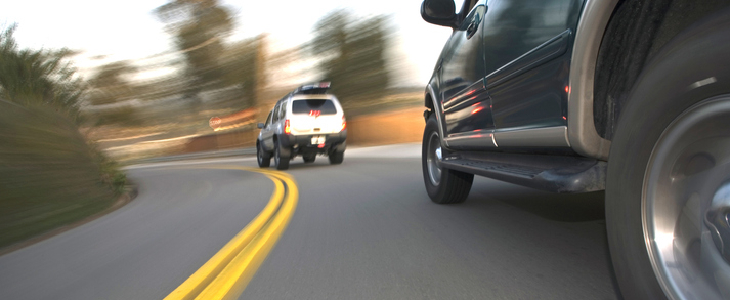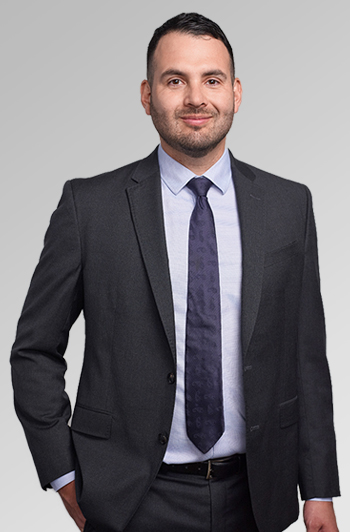It is known as a rollover when a vehicle tips on its side or the roof during a crash. Rollover accidents can involve one or more vehicles, but they are most common in single-car accidents and often result in serious injuries.
According to the National Highway Traffic Safety Administration (“NHTSA”), approximately 3% of all car accidents involve rollover crashes. However, about 35% of all passenger vehicle fatalities are associated with a rollover or tip-over accident.
Types of Rollover Accidents
Under the right circumstances, any vehicle can rollover. However, taller, narrower vehicles (such as SUVs, pickups, and cargo vans) are more likely to rollover because they have a higher center of gravity.The main types of rollovers are:
- Tripped rollovers. A majority of single-vehicle rollover crashes are “tripped.” This simply means that a high tripping force (such as a curb, pothole, or soft roadside shoulder) caused the vehicle to rollover.
- Untripped rollovers. Untripped rollover accidents account for a minority of rollover crashes, and usually only pertain to top-heavy vehicles such as SUVs or semi-trucks. Rather than a high tripping force initiating the rollover, untripped rollovers typically occur when a vehicle traveling at a high speed suddenly maneuvers to avoid a collision with another car or object, Untripped rollovers are generally caused by steering maneuvers.
- Defective vehicle rollovers. In rare cases, a rollover can be caused by a defective part in the car. For example, if there is a defect in the tire that causes the tire to come loose from the vehicle, which in turn causes the vehicle to rollover.
Factors That Can Increase the Chances of a Rollover
- Vehicle type. Tall, narrow vehicles are more prone to rollover accidents because of their high center of gravity.
- Speed. Excessive speed is often the cause of fatal rollover crashes.
- Impairment. Similar to other types of car accidents, alcohol and drug use can play a role in rollover accidents. Even a small amount of alcohol can disrupt a driver’s coordination and judgment.
- Distraction. Drivers that are distracted are more likely to make sudden, sharp maneuvers, which might result in rollover crashes. For example, drivers might often get distracted while attempting to look at a text while driving, or even reaching to the dashboard to change their choice of music playing in the car.
- Road conditions. Rural roads tend to have more rollover fatalities since they rarely have dividers. In addition, people are more prone to speed on rural roads. Certain weather conditions, such as ice and rain, can make roads slick and also increase the likelihood of a rollover. The quality of the roads can also have an impact on the risk of rollover, such as incidence of potholes or uneven surfaces.
Common rollover injuries
In the most severe cases, rollover crashes result in death. Even when passengers survive a rollover, they risk catastrophic injuries, including: traumatic neck and back injuries, burn injuries and broken bones. Whether or not you receive compensation after a rollover accident depends largely on who was the one at fault for the accident. For example, if you were the one who caused the accident, it is likely that you will be responsible for your out of pocket expenses for your injuries (unless you have optional insurance coverage, such as personal injury protection, or PIP, which covers your damages regardless of fault). If, on the other hand, another person is responsible for your injuries, you may be able to file a personal injury claim against them. Potential at-fault parties include:
- Other drivers;
- Manufacturers (in cases where the vehicle is defective); or
- A private road maintenance company, or the government (in cases where road conditions caused the rollover).
In order to recover damages from another party, you generally have to show that the other party was negligent. That means you have to prove:
- The defendant owed you a duty,
- The defendant breached the duty, and
- The breach caused your injuries.
The difficulty of your case will depend on how straightforward it is that the person was negligent. Negligence can be more complicated in other cases.
There could also be a potential product liability case to be made for the cause of the rollover. For example, if your tire blows out and causes you to roll over, it might be because the tire is defective. However, if it happens because the tire is worn, or because you ran over a sharp object, you may not have a product liability claim. Proving the exact cause of the tire failure and the accident will likely require a lengthy investigation.
Keep in mind that Texas is a modified comparative fault state. This means that you can’t recover damages if you’re more than 50% at fault for your accident. You can recover damages if you’re less than 51% at fault, but your recovery will be reduced by your degree of fault.
If you are able to prove that another person was responsible for your accident, you can recover economic damages (medical expenses, lost wages, etc.) and non-economic damages (pain and suffering).
Rollovers can result in serious injuries. If you or someone you know has been injured as a result of a rollover, the attorneys at Ceja Law Firm, PLLC can help those who have been injured in a rollover accident. We will evaluate the circumstances, provide legal guidance, and help protect your rights. We will work to get you the compensation that you deserve. To learn more or to schedule a free consultation, contact us today or visit our Houston office.











